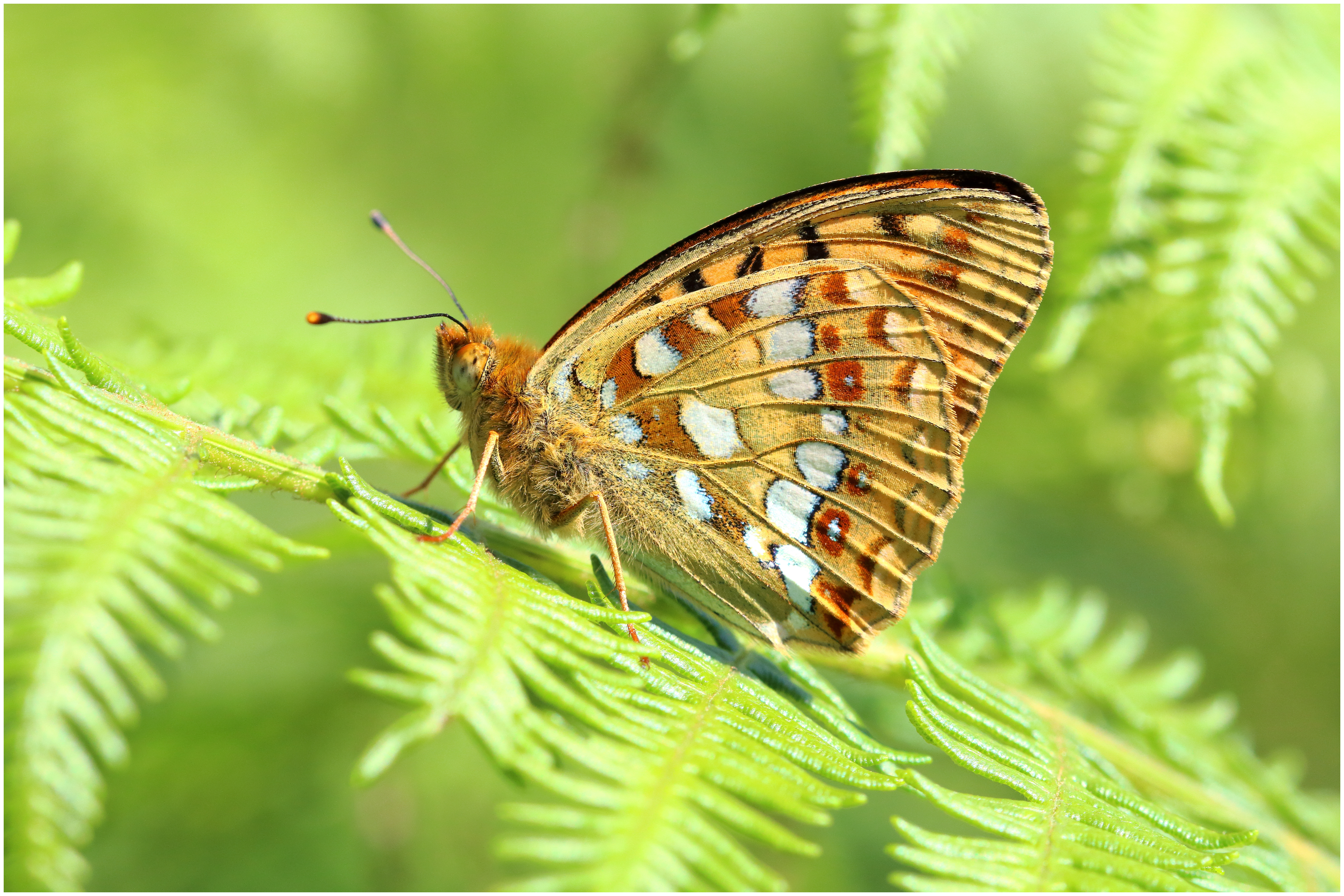Nature Check 2013 is a damning report by wildlife NGOs on a Coalition that claimed to be the Greenest Government Ever. There is abundant evidence that nature is in crisis, but the report shows there has been little new action to address the most crucial issues.
It is very disappointing that the Government is taking so little action to halt the decline of our wildlife, especially when over 90% of British people think we should be improving the natural environment. A healthy environment is essential to underpin all life on earth, yet politicians seem to be sleep-walking to disaster.
Butterfly Conservation is especially concerned that wildlife is still declining at an alarming rate. The recent State of Nature report showed that butterflies and moths are declining faster than many other groups of wildlife, with over two-thirds of species declining and over 200 species threatened. However, there seems to be no concerted action to stem these losses, despite the Government signing the Convention on Biological Diversity and the targets to halt the loss of species.
The Nature Check report says that the Government’s Biodiversity 2020 Strategy is neglected, underfunded and behind schedule. The Strategy was very weak on conserving species to begin with but it seems there has been little progress in its implementation. The amount we spend on biodiversity in England is already miniscule, amounting to just one thirtieth of one percent of GDP (Gross Domestic Product), but even this is declining.
We are also concerned that the government institutions charged with conserving nature are being undermined. Natural England has been greatly weakened by huge budget cuts (nearly 50% in real terms over the last 5 years) and the long term future of the Forestry Commission remains in doubt. The national Forest Estate holds many important populations of butterflies and moths, yet after lengthy rounds of consultation we seem no further in valuing and protecting these important woodlands.
Butterfly Conservation welcomed the establishment and funding of 12 Nature Improvement Areas in 2012. These are delivering real benefits for both biodiversity and local people, and show the way forward. Our work within the Morecambe Bay Limestones and Woods NIA is restoring large areas of woodland and grassland habitats for threatened species like the High Brown Fritillary. Our recent landscape-scale conservation report also shows that this approach can reverse the decline of Priority species, but far more funding is needed to roll the approach out in other key landscapes.
On the policy front, the reform of the Common Agricultural Policy has been very disappointing from a wildlife view. Proposals to support High Nature Value Farmland were rejected and more support for agri-environment schemes was rejected. There is still some flexibility by Member states so we are urging Defra to take up the full 15% modulation allowed and put the funds into Higher Level Stewardship (HLS) which is helping improve farmland for wildlife. Our studies show that HLS is bringing big benefits to threatened species like the Marsh Fritillary but we need more farmland entered into the scheme in key butterfly areas.
Dr Martin Warren, BC Chief Executive
read the full Nature Check report.


